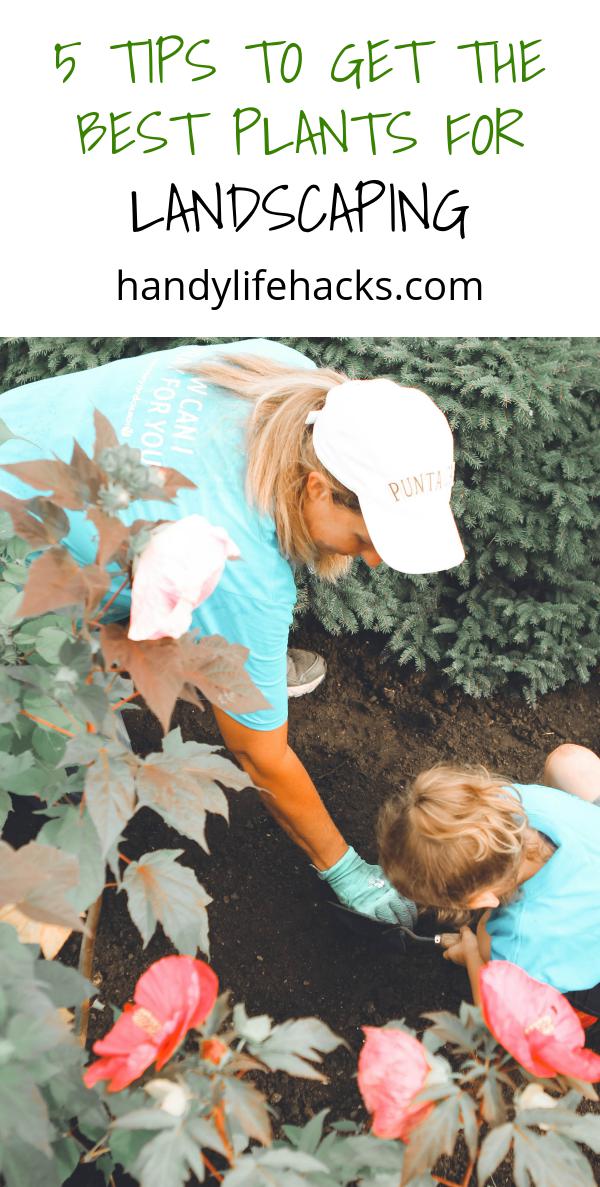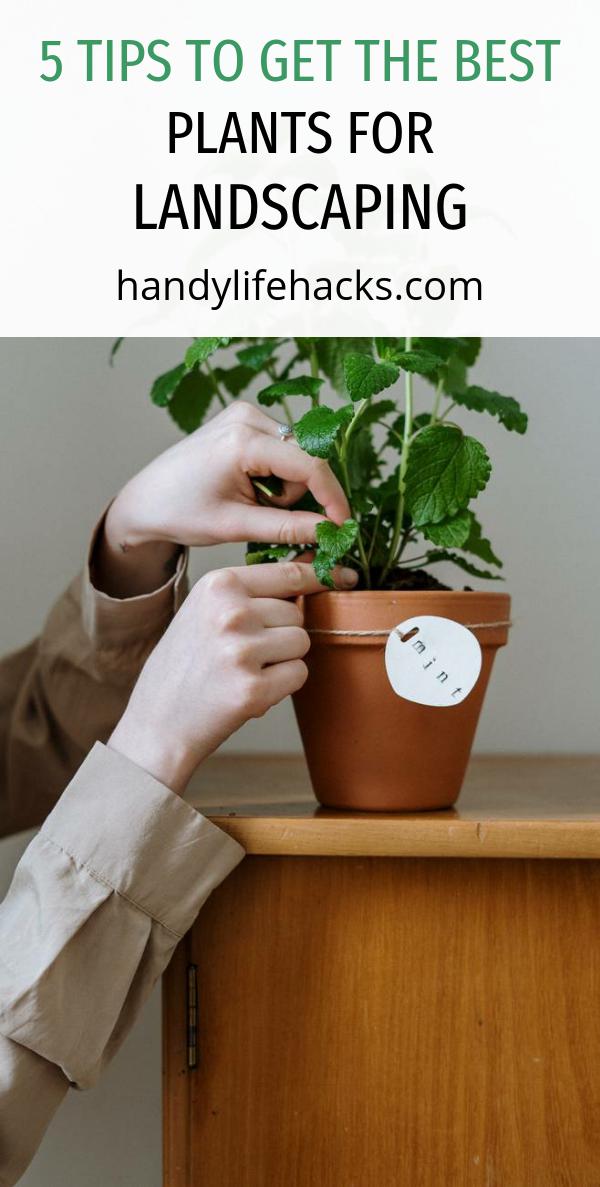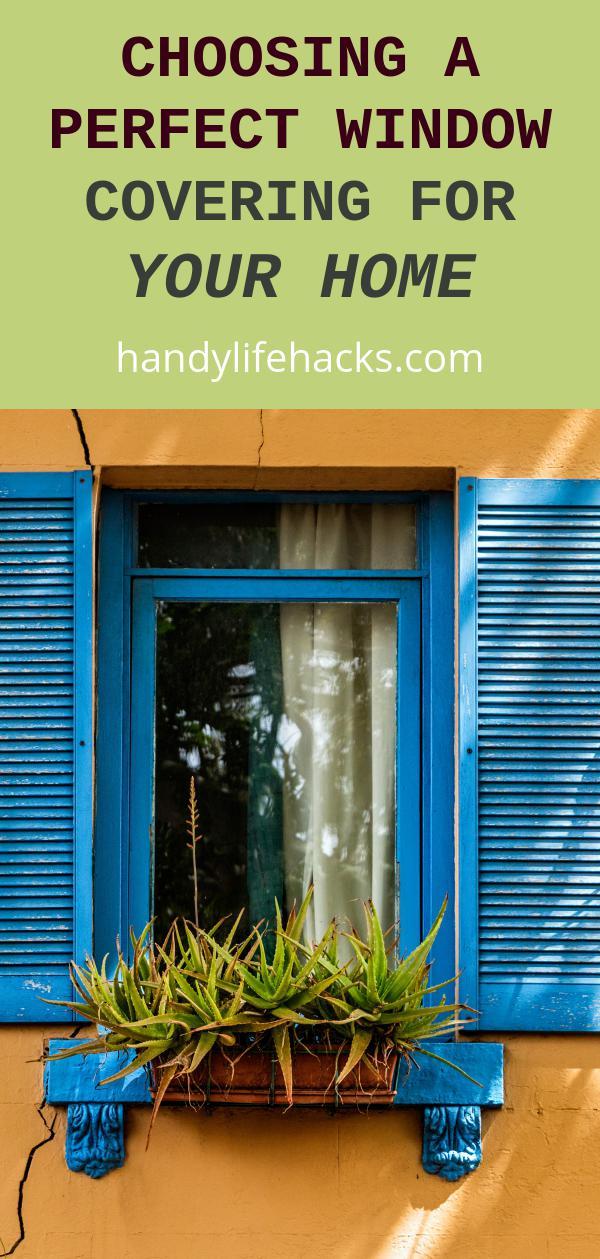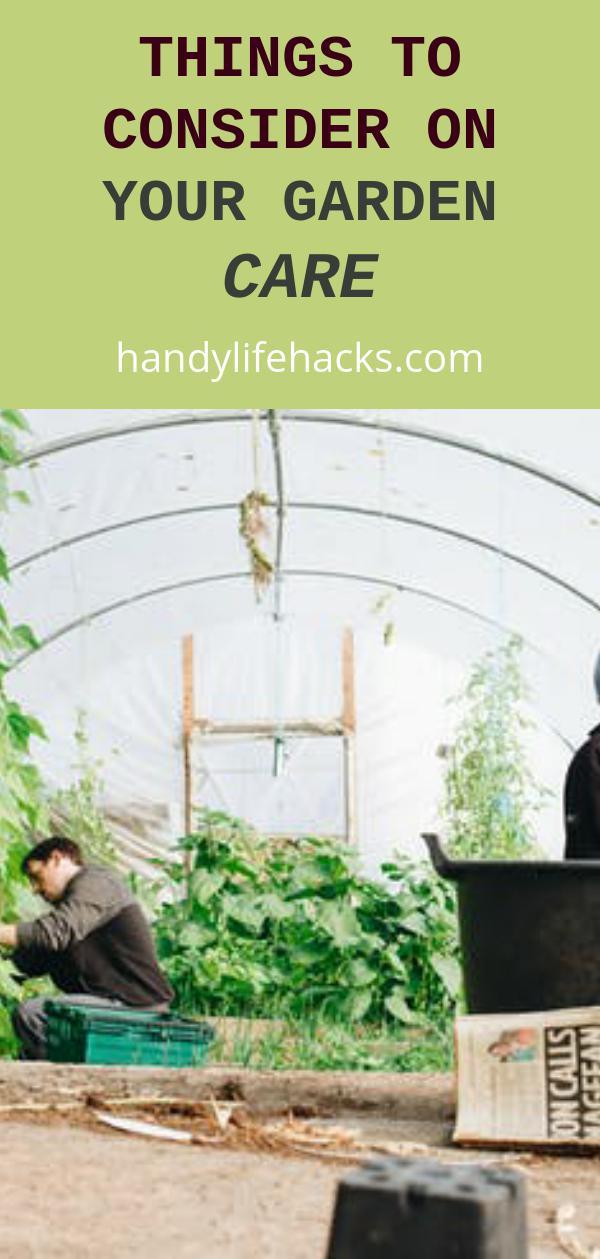
When you deal with plants, information is necessary to ensure that they are right for your landscape, your geographical area, the season suitable for planting, and the proper care that needs to be implemented, etc. Without this knowledge, you can not assume that the investment is justified.
One practical suggestion is to consider planting an herb garden. Herbs are good for landscaping. The bonus will be herbs are both practical and can be used in cooking. Other options are available but you must carefully consider the plants to ensure that they are appropriate for your needs.

One consideration that you should not dwell on a great deal is the decorative appeal of the plants. You may be attracted to their color, size, and flowers, but they may not be appropriate. Select plants that will do well in your area so that do well and provide the desired effect. Take note of the following factors in choosing plants:
� Site and soil conditions. Remember plants have environmental requirements. You need to be aware of your particular conditions and consider the following: exposure to light and wind, soil conditions, and structures nearby. If you fail to check on these very important factors, chances are, the plantings will not do good as well as you expected.
� Size and type selection. If you desire a certain plant because of its size and type, you should be aware that they must be handled, planted, and cared for in the proper way. There are three types of ornamental plants: those that are called a ball and burlap (B&B), bare root and container grown. If the plants are container grown or ball and burlap plants, you must handle with care and remove the container around the root ball leaving as much soil as possible around the roots. The pot should be totally or the burlap partially removed. Bare root plants, which are smaller, are only available in spring and should be planted immediately after purchase.
� Climatic considerations are very important because the plants’ survival is highly dependent on temperature, etc. Carefully check the plants you are choosing for your landscape and make certain the climates in your area is suitable.
� Prevent pests. There are plants that can resist certain pests. Be sure to choose these plants for your landscape especially if you have identified the pests that are a problem in your area.

� Start healthy. Choose plants from a reputable nursery that you know have been properly cared for. Be aware, do not purchase damaged plants.
Landscaping is a big investment so choosing the plants that goes with it. Proper selection and care are needed.




